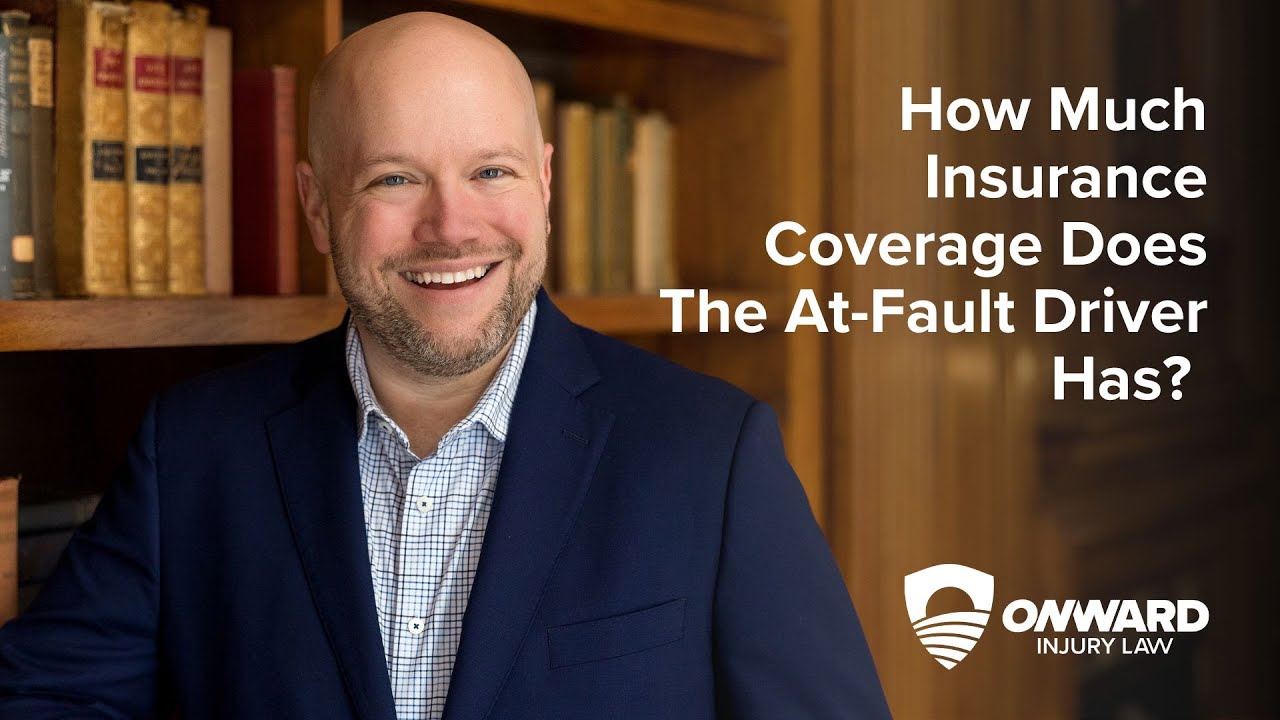How Do You Find Out How Much Insurance Coverage the At-Fault Driver Has?

Being involved in a car accident is a stressful experience that can leave you with injuries, medical bills, and lost wages.
If you are pursuing a personal injury claim against the at-fault driver’s insurance company, one of the critical pieces of information you need to know is the insurance policy limits. However, when you’re dealing with an auto insurance company after a car accident, they don’t always disclose this information voluntarily.
So, how do you find out what the policy limits are?
We’ll explain insurance policy limits disclosure to help you negotiate a fair settlement.
Voluntary Insurance Policy Limits Disclosure
In some cases, the at-fault driver’s insurance adjuster may be willing to disclose the policy limits over the phone. If this is the case, asking for a certified copy of their insurance and liability insurance declarations in writing is crucial. This way, you have the information in writing, and the adjuster is more likely to double-check and provide accurate information.
However, insurance adjusters may not always be forthcoming with this information. They may give excuses like it is against their company policy or simply refuse to provide the information. Do not be discouraged. You have a right to know the insurance policy limits, and there is a legal process to compel the insurance company to disclose this information.
Compelled Insurance Policy Limits Disclosure
The Illinois Insurance Code requires insurance carriers to disclose policy limits to claimants. (215 ILCS 5/143.24b).
However, to obtain this information, you need to take certain steps:
- First, you must send the insurance company a certified letter requesting the disclosure of the insurance policy limits.
- Second, you must include an accounting of your medical bills and a copy of your medical records with the certified letter.
- Lastly, give a statement describing the nature and extent of your injury in the letter.
Once the insurance company receives the certified letter with all attachments, they have 30 days to respond with a certified letter disclosing the policy limits. It is essential to note that the information they send you is confidential, and you are required by law to treat it as such.
Additionally, the policy limits they disclose only apply to the automotive insurance policy, not an umbrella policy that may provide extra coverage.
Underinsured Policy Coverage
You may also have uninsured and underinsured coverage on your auto policy or a relative who lives with you.
If you discover that the at-fault driver has lower limits than your own, you need to notify your insurance company of a potential underinsured claim. This way, you can access coverage available above what the at-fault driver has.
It is always best to take advantage of a free consultation with a Bloomington car accident lawyer to discuss your options and ensure you do not make any mistakes.
Final Thoughts
Knowing the insurance policy limits in an accident settlement is crucial for negotiating a fair settlement.
While some insurance companies may voluntarily disclose this information, others may not. If you are in the latter category, you can compel the insurance company to provide the policy limits. Understanding the available coverage under your own policy is also critical to ensure you receive the compensation you are entitled to.
If you’re facing difficulties obtaining insurance policy limits disclosure from the at-fault driver’s car insurance company, contact us at Onward Injury Law today. We’ll speak to the insurance company on your behalf, so you don’t have to deal with the stress.



